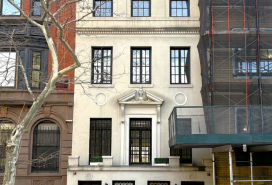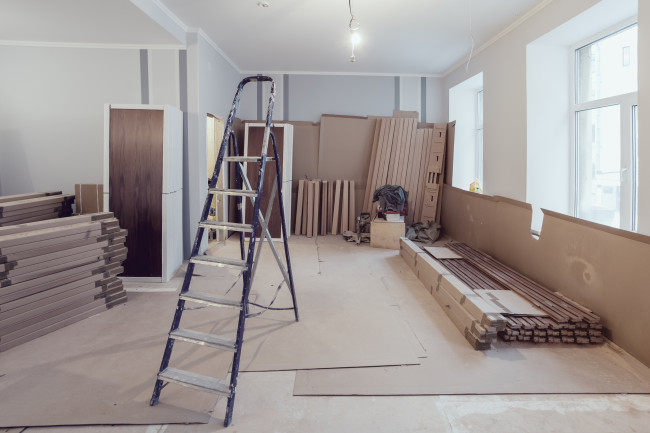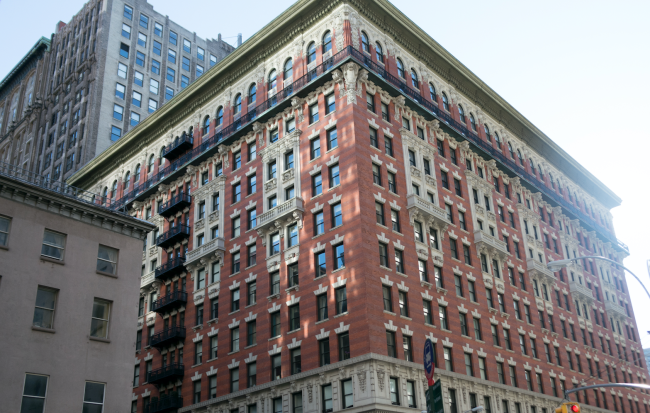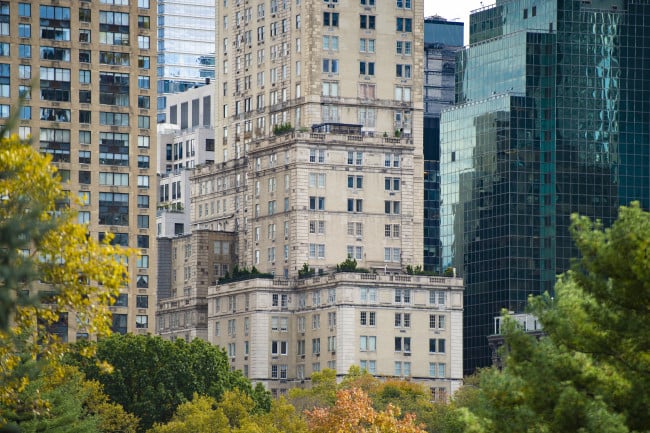Construction upstairs will put scaffolding on my terrace, making my outdoor space unusable. What can I do?
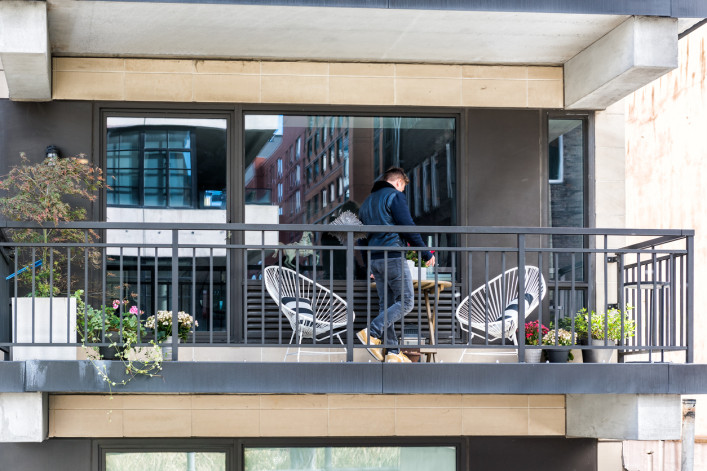
One option is to get political and gain support for a special meeting to remove the board and replace it with one opposed to the project.
iStock
My co-op building is converting a party room into an apartment. The space is directly upstairs and I will lose the value of having no one living above me. The plan involves adding a balcony that will hang over my terrace, which will require the contractors to put scaffolding on my terrace while they construct the balcony and replace the windows. That's a huge imposition. Is there anything I can do?
There are a few potential ways to address this, both legal and political, our experts say, though it may not be possible to stop the conversion entirely. Part of the trouble is the ownership structure of co-ops, in which residents are not technically apartment owners but shareholders instead.
"The co-op is king when it comes to decision-making and general building control," says Jeronimo Aguilar-Gutierrez, vice president of pricing and procurement at Bolster (a Brick sponsor). "When owning in a co-op, you are a shareholder that is allowed the use of its space, which means the apartment itself is not technically yours but the co-op's."
However, that doesn't mean you have to accept all the unpleasant conditions of this project. Consider speaking to a real estate attorney about whether you can push back in any way.
"Creating a roof deck is done all the time, so I doubt there is much you can do about that," says Deanna Kory, a broker with Corcoran. "But I would look into hiring an attorney to see if your rights are being violated. The part that is worrisome is the balcony, which could directly impact your terrace. Consult a good real estate litigator who is familiar with this situation."
You may find that your legal recourse is limited: The board is not subject to the co-op's alteration agreement, for instance, which outlines obligations around renovations between the board and shareholders. Instead, the solution could be a political one.
"There is a political solution to the issues, which is to attempt to garner the support needed to overrule the decision to move forward with the development of the common space," says Jeffrey Reich, a partner in the law firm of Schwartz Sladkus Reich Greenberg Atlas. "If you're able to muster the necessary support, you could call for a special meeting to remove the current board of directors and to replace it with a board that would stop the project."
If that's a bit too radical for your liking, try sharing your worries with the board members in a letter. You could also make specific requests about the project—for instance, that the work be done during the colder months so that it doesn't impinge upon your enjoyment of your terrace in spring and summer.
"Write to the board of directors and express your concerns about noise transmission and loss of privacy, and ask the board to provide a description of the steps that they are undertaking to ensure that these issues are addressed before they become problems," Reich says. "In most instances, boards will respond to this type of outreach."
Trouble at home? Get your NYC apartment-dweller questions answered by an expert. Send your questions to [email protected].
For more Ask an Expert questions and answers, click here.
You Might Also Like










